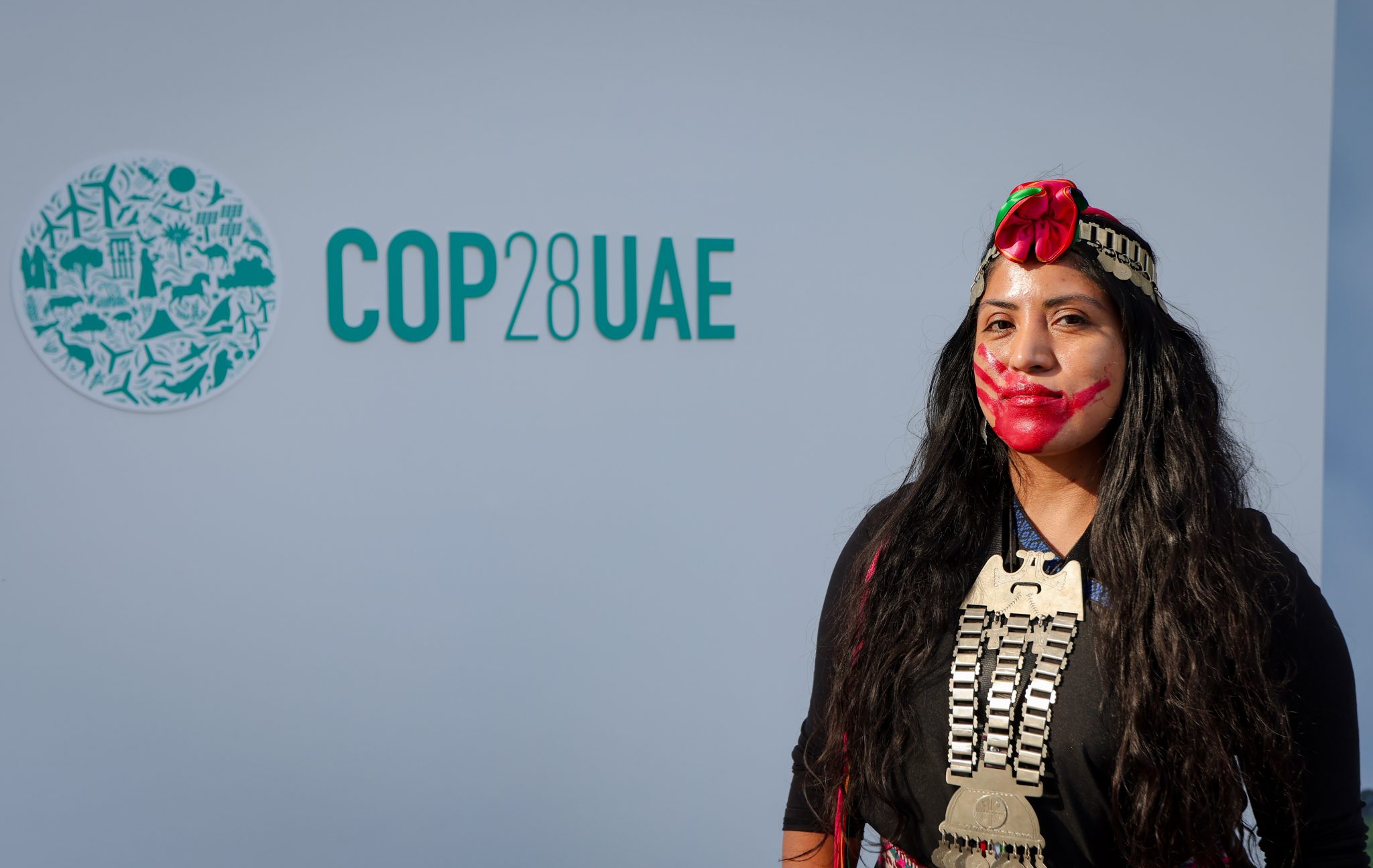
By Charlie Malcolm-McKay
At the heart of the global climate crisis lies a paradox: those who have contributed least to the problem are often the most severely impacted. As COP28 continues to unfold in Dubai, the imperative to include Indigenous voices in climate conversations has never been more urgent. The leadership, technologies and practices of Indigenous and Local Communities (IPLCs) are crucial to ongoing discourses surrounding global environmental challenges.
As represented by our 120 Local Partners, at BirdLife International, we recognise that fostering sustainable solutions and preserving biodiversity are inextricably linked to the knowledge systems and rights of IPLCs. It is a little known fact that 80% of the world’s biodiversity is found on Indigenous territory, despite them making up just 5% of the global population. This is no coincidence. Traditional Ecological Knowledge (TEK), passed down through generations, has shaped sustainable living practices that significantly enhance ecosystem resilience.
TEK offers a treasure trove of insights for environmental management and conservation. It encompasses an understanding of local ecosystems, species behaviour, and natural resource management, honed over millennia. Studies have consistently shown that lands managed by IPLCs have lower rates of deforestation, higher biodiversity levels and better carbon storage capabilities compared to areas outside their stewardship. The inclusion of IPLCs in environmental decision-making is, therefore, not just a matter of equity; it’s a pragmatic strategy for achieving long-lasting conservation outcomes.
